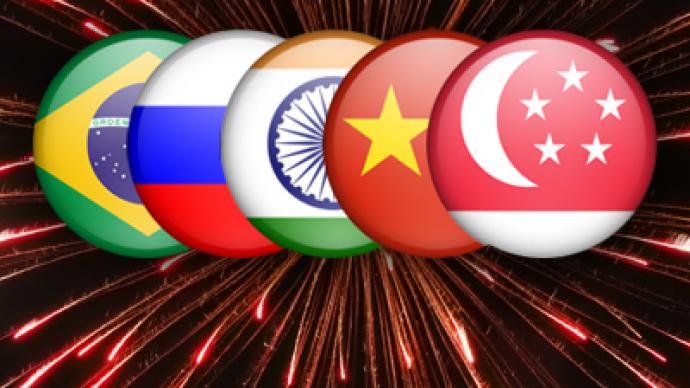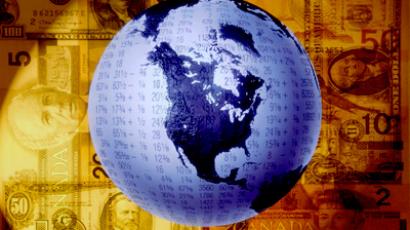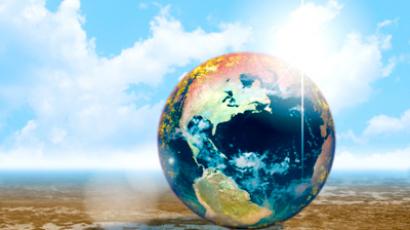BRICS gets stronger voice as old powers caught up in crises and conflicts

While the old world order may be pouring money down the drain on warring in Libya, the new world order is fighting battles that can be won on the world money and trade markets.
Brazil, Russia, India, China and this year's new kid on the block, South Africa have gathered on the Chinese island of Hainan to talk business. And it is not just about economy – it is about politics, as well.Though the BRICS countries do put a heavy emphasis on economic issues, broader political questions, such as the situation in North Africa and the Middle East, are also going to be hot topics for the discussions.“The BRIC countries, their voting for UN resolution 1793 was very wise in terms of ‘we are not going to get involved in this mess.’ In fact, when the French and the British were drafting the resolutions, there were serious objections from the four top BRIC countries, Brazil, Russia, India and China,” says journalist Pepe Escobar from the Asia Times Traditionally, it was always the US and major European nations, like France and Germany, playing the leading role in politics and the economy. But if you take into consideration the ongoing financial crisis, and the fact that BRICS countries comprise more than half of the world’s population and pull in more than a quarter of global GDP it becomes obvious that a certain geopolitical shift in the balance of power is in progress.“These are countries that have been less affected by the crisis than European countries and the United States and these are countries that are going to continue to grow, if not rapidly, then at least moderately well. The rest of Europe and the United States seem to be mired in crisis,” explained Professor Gerald Epstein from the Political Economy Research Institute.European leaders themselves admit to losing stable ground in recent years.“Everything that we’ve taken for granted for almost two centuries – American and European dominance – to the point at which most of the world’s manufacturing goods, most of the world’s exports, most of the world’s investment was done in these countries, is no longer a fact,” former British Prime Minister Gordon Brown admitted in a speech at the financial conference at Bretton Woods.So it seems Europe and the US are finally beginning to understand the emerging power of the BRICS nations.“I think the Western countries have already acknowledged the strength of BRICS’ economies by expanding what was originally the G8 and is now the G20. It is within the G20, really, that the BRICS countries have been playing a joint strategy, which has been very effective. I certainly think there will be changes in the economic architecture. I think it’s inevitable as these countries grow,” believes Dr Ranni Tkakur from Delhi University.While the Western powerhouses continue pounding away on regimes they find undesirable, a new economic and political architecture is emerging, and these five countries are keen to prove they are laying solid foundations.














